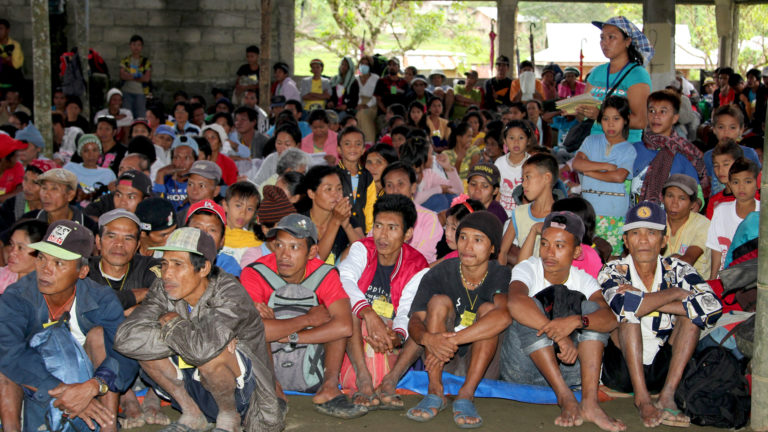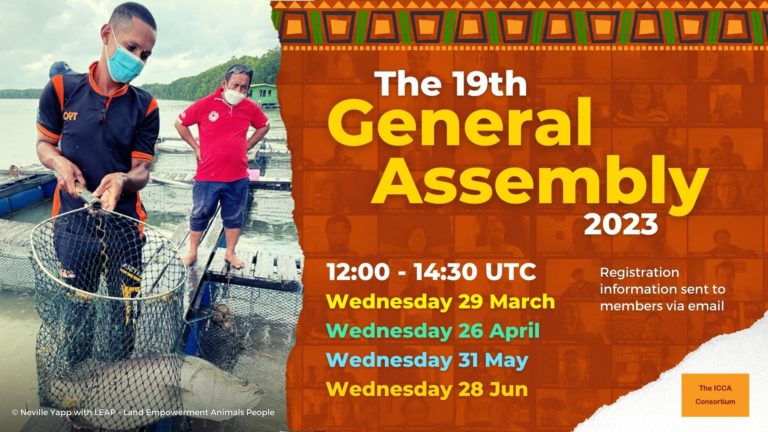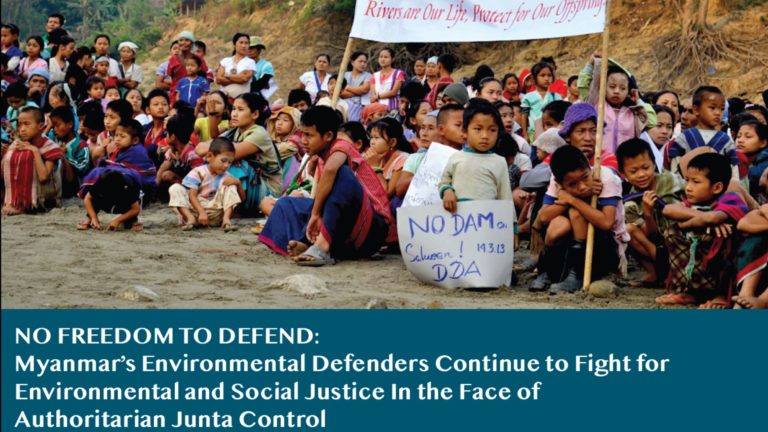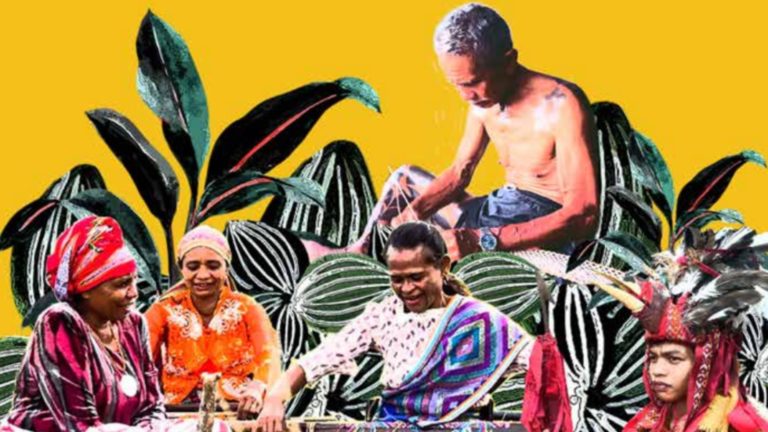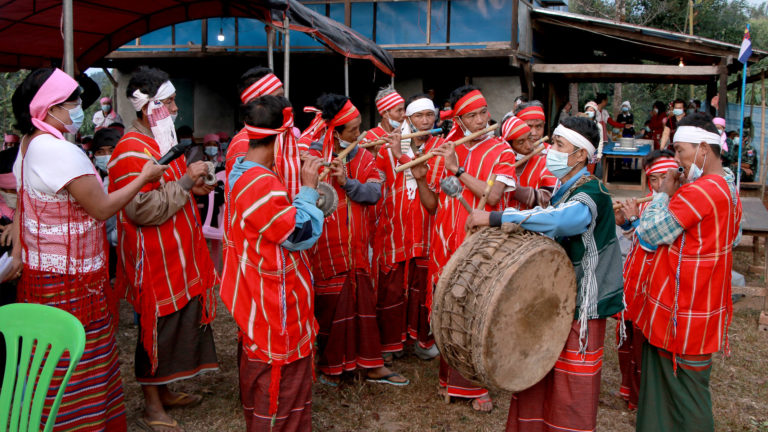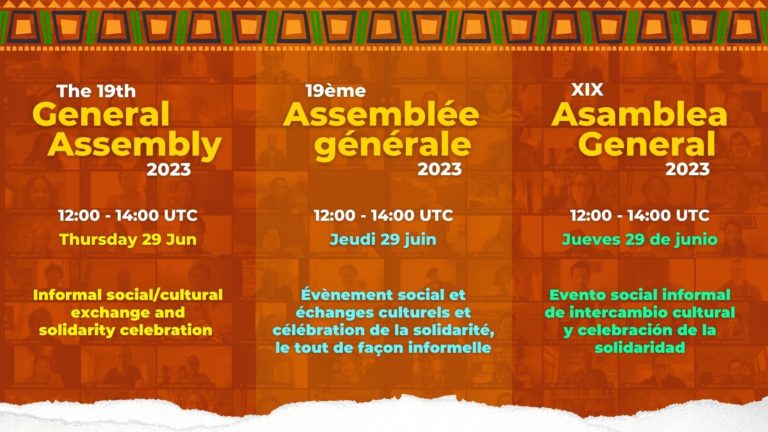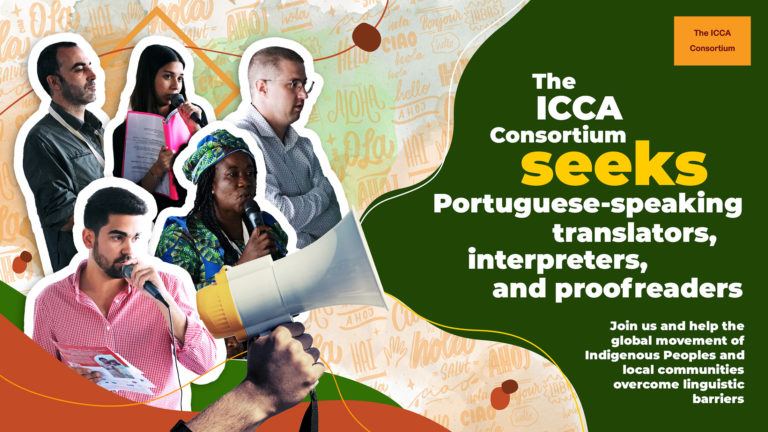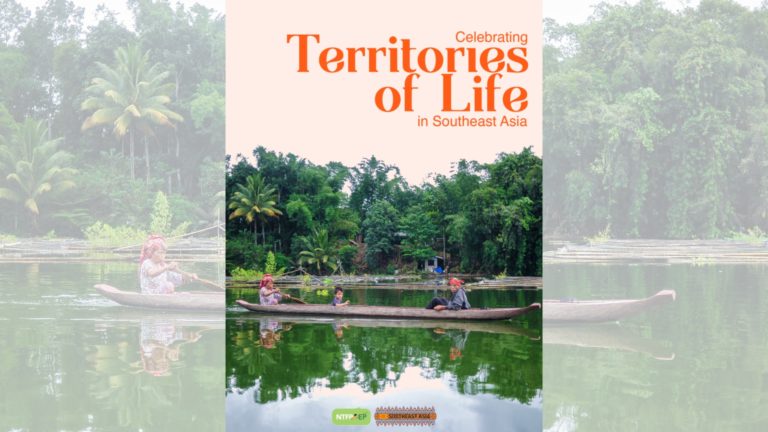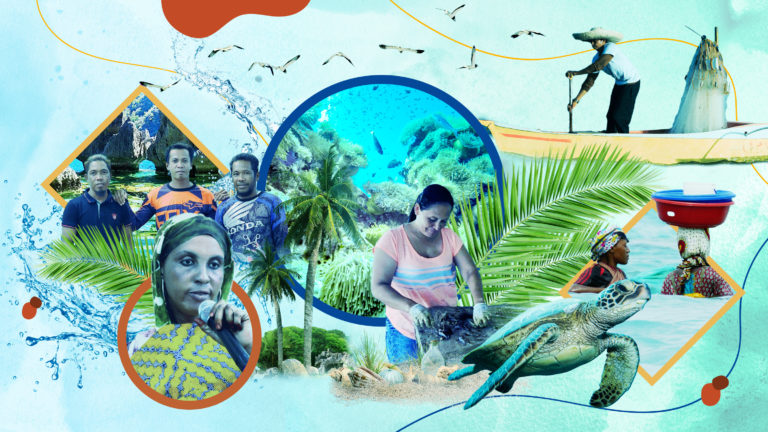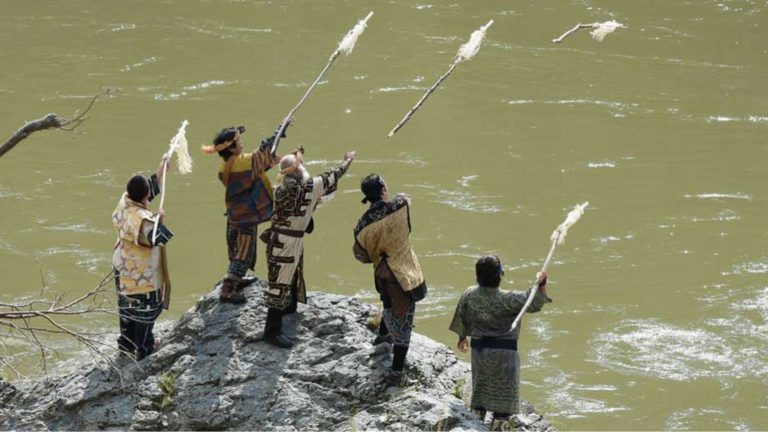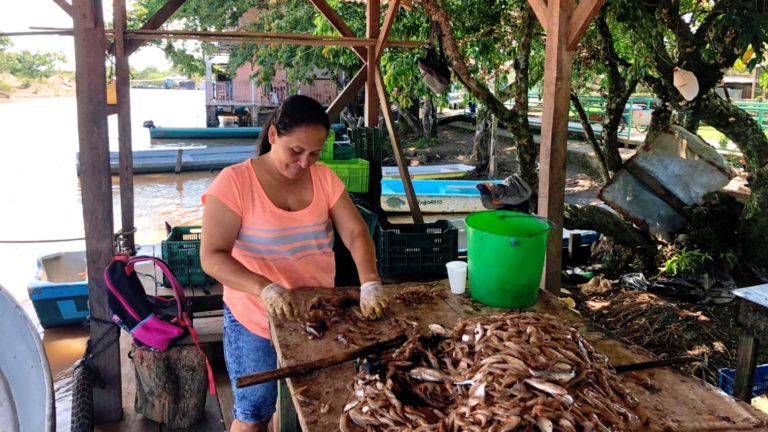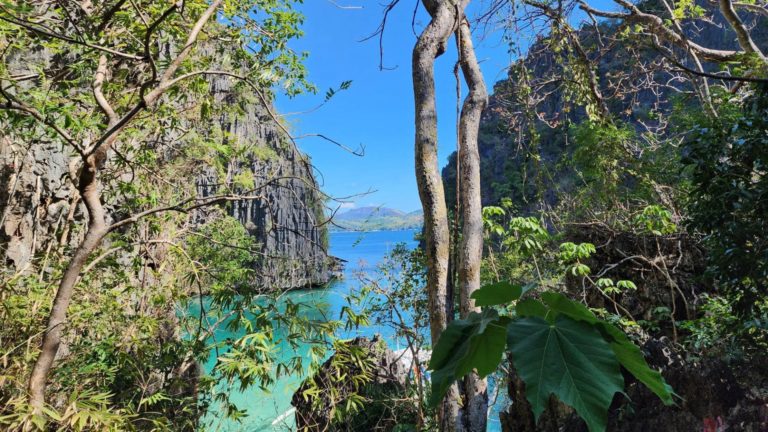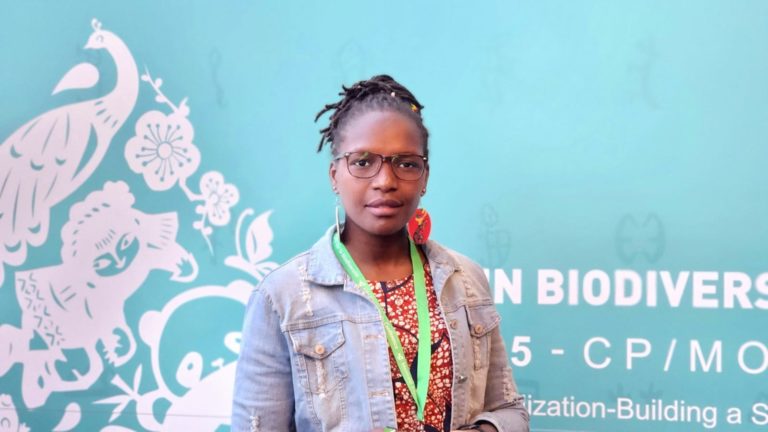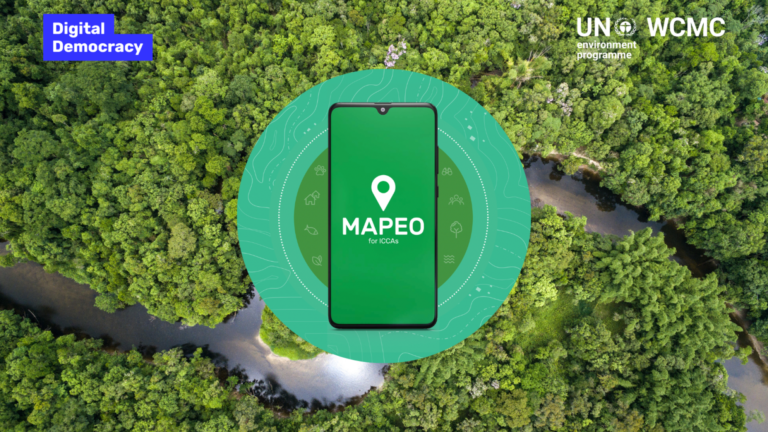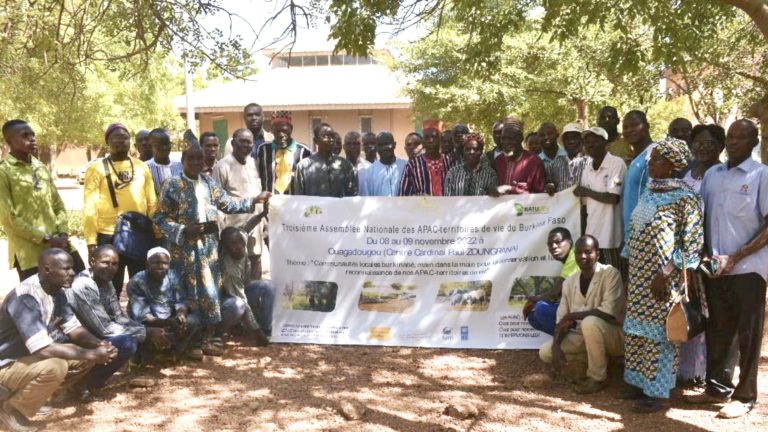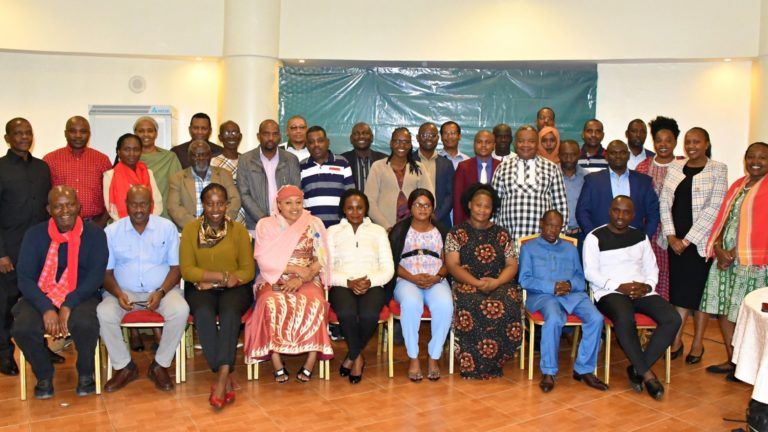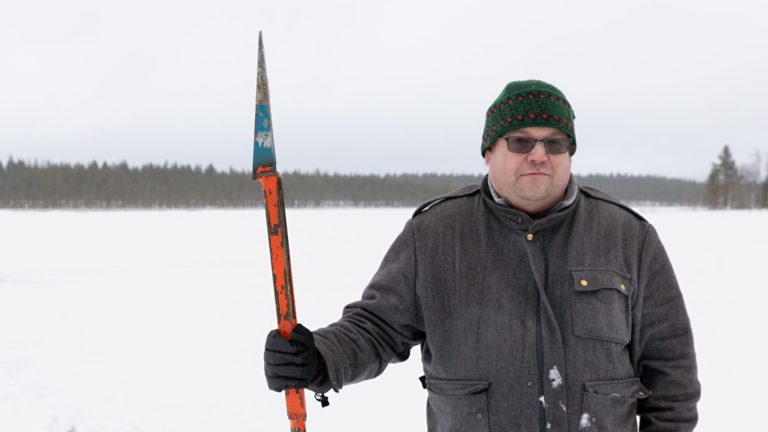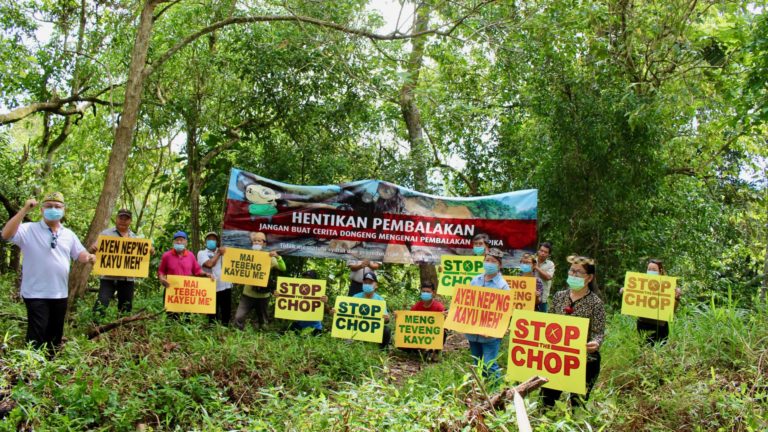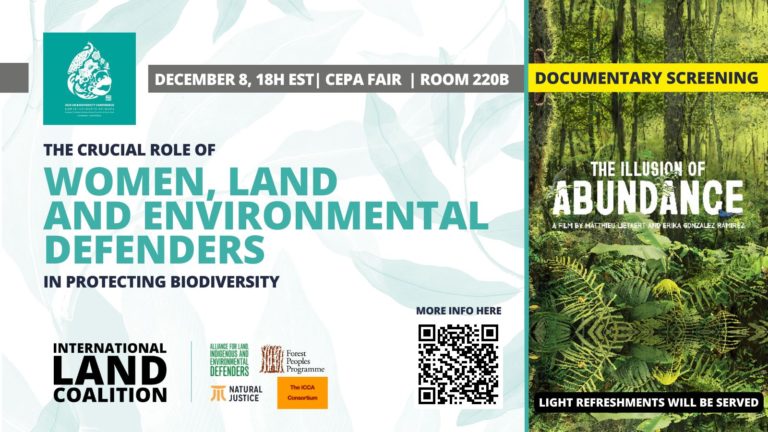By Cristina Eghenter (WWF Indonesia, member of WGII) and Cindy Julianty, program officer of WGII Secretariat. The Working Group on ICCAs Indonesia (WGII) is a Member of ICCA Consortium.
The Working Group on ICCAs Indonesia (WGII) is stepping up advocacy efforts with the government to increase understanding of community conservation and the recognition of ICCAs. As part of this effort, it is important to strengthen documentation and registration of ICCAs and make sure the registry is up-to-date.
At present, 56 spots have been identified and documented, supported by 36 indigenous communities, for a total area of 241,513 hectares. The data can be accessed on the portal www.tanahkita.id.
WGII believes that a map of the distribution of ICCAs in the archipelago is an important tool to advocate for the recognition of communities’ contributions to conservation by the government of Indonesia. Therefore, WGII has conducted two focus group discussions for a comprehensive indicative map of ICCAs, including also maps and data from other organizations and members of WGII. One finding was that the potential ICCAs in Indonesia can achieve 3,019,139 hectares across indigenous territories and diverse ecosystems.
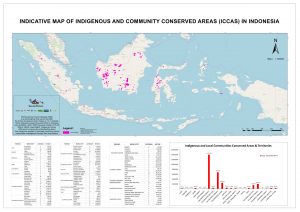
To ensure full accountability and fair process, WGII is committed to strengthening the registration and verification process at the national level, as a gate to international registration (WDPA and/or ICCA Registry) and ensure that communities give their free, prior and informed consent. To this end, WGII also organized a meeting in December 2019 to discuss how to build a more accountable system for peer review to help registration of ICCAs at international level and provide one repository of data collectively owned by ICCA custodians. Two key issues were identified for further action by WGII: first, the need to build skills and capacity for verification across Indonesia. This is a crucial step before data can be shared with government or submitted to the WDPA and/or the ICCA Registry. Currently, it is only BRWA (Badan Registrasi Wilayah Adat – Ancestral Domain Registration Agency) that can verify. Secondly, to strengthen the free, prior and informed consent process beyond ICCA-level to include possible use of data and registration at international level. Currently, at least six members of the community need to sign off before an ICCA is registered online at national level.
The indicative map of ICCAs will be published on a new website (www.iccas.or.id), which will be integrated into the portal www.tanahkita.id. This integration is intended to facilitate the navigation and better highlight the situation of ICCAs in the region, linking it to other issues of tenure rights.
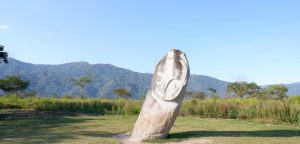
If you would like to learn more about this process, you can watch the webinar given by Cindy Julianty and Kasmita Widodo on their experiences and “lessons learned” during the recently concluded mapping and documentation of ICCAs in Indonesia.
Pictures : © WGII.
